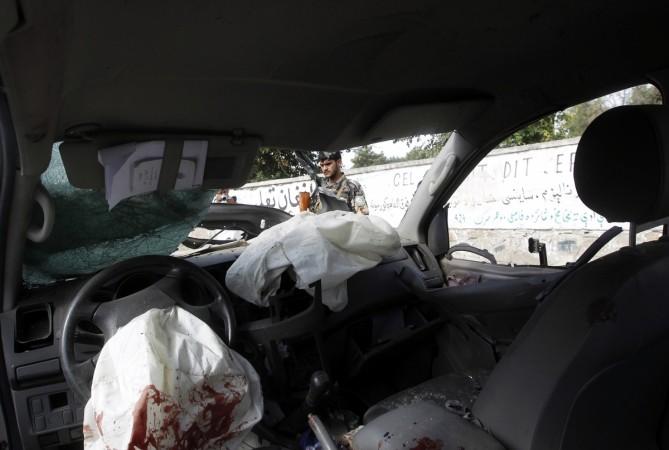
The Ministry of Road Transport and Highways (MoRTH) has said the government does not have any proposal to make the use of airbags mandatory in every passenger car. Instead, the rules have been amended to enhance safety of occupants in frontal collisions for all new models from October next year, informed Minister for Heavy Industries and Public Enterprises Anant Geete in a written reply to the Lok Sabha on Tuesday.
"Central Motor Vehicles Act, 1988/Central Motor Vehicles Rule 1989, has mandated certain safety provisions administered by MoRTH," minister added, ET Auto reports.
The provisions include include protection of occupants in the event of an offset frontal collision and requirements for behaviour of steering mechanism in a head-on collision. This will be implemented for all new cars by Oct.1, 2017, while all cars to be equipped with this provision by Oct.1, 2019. Protection of occupants in the event of a lateral collision also needs to be beefed up by Oct.1, 2017, for new cars and by Oct.1, 2019, for all cars.
The new safety standards that the government laid out for protection of pedestrians and other vulnerable road users will be implemented for new models from Oct.1, 2018, while all models by Oct.1, 2020. Geete further said: "Some other measures have already been taken up step by step to ensure the safety of occupants of cars."
Though airbag is not mandatory in many parts of the world, several automobile companies have already equipped their cars with airbags as a standard fitment or as an option. Anticipating regulation of new safety norms that come in to effect from 2017, Maruti Suzuki, India's largest car-maker by volume, already voiced its plan to provide airbag and ABS as an option from the base models of its cars.
Hyundai Motor India Limited (HMIL) also updated its Verna, i20 and Elite i20 with dual aibags in February 2016. Latest to join is Honda Cars India. It will offer dual airbags as standard equipment in all its vehicles sold in the country by April 2017.
















